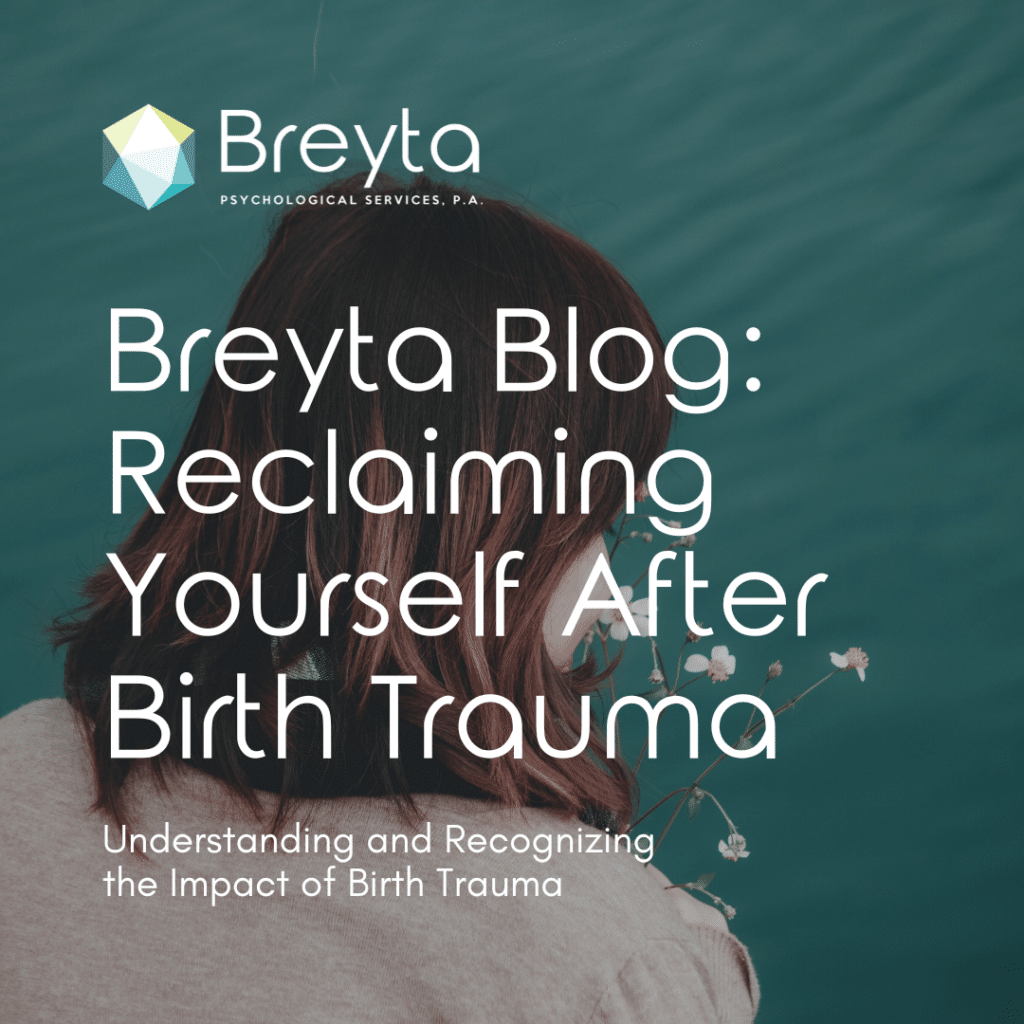Tips for Improving Sleep When The Days Get Shorter

We all know that sleep is important. It helps us recharge, get healthier and feel better in general. But did you know that the seasons can affect how well we sleep? If you’re like most people, it’s easier to fall asleep during warmer months than colder ones. That’s because our body naturally makes more melatonin—the hormone responsible for drowsiness—during summer months when there’s more sunlight than during winter months when days are shorter and darker. It can be difficult to adjust emotionally and logistically to longer periods of darkness, not to mention the toll that Daylight Savings Time can take on our schedules.
Here are some tips for getting better sleep this fall season (or any time of year):
Keep a regular schedule.
If you’re a night owl or someone who tends to wake up at 3 am, it might be challenging to follow a regular sleep schedule. But this is important for your circadian rhythm and cognitive health. Your body needs consistency in order to regulate its internal clock as well as maintain optimal cognitive functioning throughout the day. When you don’t get enough sleep, your mental health suffers because of how your brain functions in low-energy mode (and this doesn’t just affect how tired you feel; lack of sleep also leads to depression). In addition, poor rest can lead to physical problems like weight gain and hypertension as well as other chronic conditions like diabetes and heart disease.
Develop a relaxing evening routine.
You should make a daily routine of relaxing activities that help you wind down and relax before bed. Your routine should be consistent, so your body can get used to it and know when you’re going to sleep. It also needs to be predictable, so that you feel comfortable enough that your brain doesn’t have any surprises or worries about what’s coming next.
- For example: You might take a shower before bed every night; maybe listen to music while doing so; then go sit on your couch and read something calming (a book or magazine) until you feel drowsy enough for sleep.
Get plenty of exercise and sunlight during the day, but avoid exercising too late in the afternoon or evening.
Exercise is good for you and is known to help with sleep. However, if your exercise routine interferes with your ability to fall asleep at night, then it may be best to avoid exercising too late in the afternoon or evening. This is because exercising raises your body temperature, which makes it harder for you to fall asleep. Instead of exercising at night, try getting a morning or early afternoon workout instead and then sticking to lighter activities (like yoga) closer to bedtime if you feel like you need more activity than just sitting around doing nothing while waiting for bedtime.
Be sure not only that you’re getting plenty of sunlight during the day but also that there isn’t any artificial light coming into your bedroom at night. This will help regulate your circadian rhythm–the 24-hour cycle our bodies naturally follow–and make falling asleep easier.
Avoid caffeine, nicotine, and alcohol.
- Avoid caffeine, nicotine, and alcohol.
Caffeine, nicotine, and alcohol all have the potential to disrupt your circadian rhythm. This can cause insomnia in some people. If you are having trouble sleeping at night—and especially if it is a consistent problem—you should consider avoiding these substances well before bedtime (e.g., none after 2pm).
Don’t eat heavy meals close to bedtime.
Avoiding a heavy meal too close to bedtime is one of the easiest ways to improve your sleep. When you eat too much, it takes the body longer to digest and absorb nutrients, so the blood rushes away from your brain and into your stomach. This makes it harder for you to fall asleep quickly, let alone stay asleep all night long!
Put electronic devices away for at least an hour before bedtime.
- Put electronic devices away for at least an hour before bedtime.
- Generally, the blue light emitted from electronic devices inhibits melatonin production and therefore can interfere with circadian rhythm.
- Melatonin is the hormone that helps you fall asleep, so if you’re using your phone, tablet or computer right before bedtime, it’s not going to work well for you.
- If you’ve been working on a project all day long and just want some quiet time to yourself after dinner or before bedtime, try shutting off all of those screens with a book instead! You’ll be able to relax better knowing that no one will be sending notifications while you’re sleeping.
Try relaxation exercises such as meditation and deep breathing.
One of the reasons why we can’t fall asleep is because our minds are still busy. We have too many thoughts running through our heads, and it’s hard to let go. Meditation and deep breathing exercises are great ways to help bring your mind into a state of relaxation as you prepare for bedtime.
Let’s take a look at some specific techniques:
- Inhale for five seconds, hold for two seconds, exhale for six seconds. Repeat this cycle until you feel calmer after about 10 minutes or so. This is called the 4-7-8 breath technique; try it!
- Sit in a comfortable position with eyes closed (or open), palms up on your knees or lap and focus solely on how much air goes in through your nose and out through your mouth while focusing on nothing else except this action itself over 20 minutes or so (you can set an alarm). This is called guided meditation; if done correctly it should make you feel tired before even starting to drift off!
Make your room dark, quiet, and cool (around 65 degrees) when it’s time to sleep.
Make your room a dark, peaceful oasis. Use light-blocking drapes to ensure the room is as dark as possible. The optimal temperature for sleep is between 60-67 degrees Fahrenheit (15-20 C). This means you should be able to keep your thermostat set to 65 degrees Fahrenheit (18 C) without being too cold or too hot.
If you’re having trouble sleeping through the night because of hot flashes, use a high quality bed fan to keep the air circulating in your room while you rest. Use earplugs if necessary so that any noise from outside won’t disturb your sleep either.
Try these tips to help you adjust to a new season and get better sleep any time of year.
- Improve your sleep habits. It’s not just the time of year that influences your ability to fall asleep. The quality and quantity of your sleep also play an important role in how quickly you drift off. If you’re having trouble falling asleep or sleeping through the night, try these tips:
- Establish a regular bedtime routine. A good night’s sleep requires a certain amount of preparation before hitting the hay—and this includes making sure that you’re sleepy enough to go to bed when it’s time for lights out! Try going through an activity before bed so that your body associates the activity with getting ready for bed (like reading or taking a bath). This technique can help signal to your brain that it’s time for slumber so that when it does come around, there are no surprises!
- Keep caffeine consumption down during daytime hours if possible. Caffeine is one of our favorite drugs here at [your blog], but it’s also one of our least favorite ways to wake up from naps and afternoon dozes! Because caffeine has been shown in many studies over many years as having negative effects on sleep quality due to its stimulant properties – even small amounts can lead someone who drinks coffee regularly into some pretty sleepless nights! If possible try avoiding caffeine after lunchtime…or at least wait until after 4pm if possible so as not too disrupt their circadian rhythm too much during their waking hours aboard ships (see below).
Conclusion
If you’re struggling to get a good night’s sleep and feeling like it might be time for a change, these tips are an easy way to help you adjust to the changing seasons. Whether you’re looking forward to warmer weather or dreading colder weather, trying out some new habits can go a long way towards making your nights more peaceful.
If you make changes such as these but still find that sleep eludes you, it may be helpful to consider a consultation with a psychologist trained in Cognitive Behavioral Therapy for Insomnia (CBT-I). This brief but highly effective therapy can help you overcome insomnia and get back to sleep quickly. If you think this applies to you, reach out to us today to learn more about how we can help improve your sleep health.





